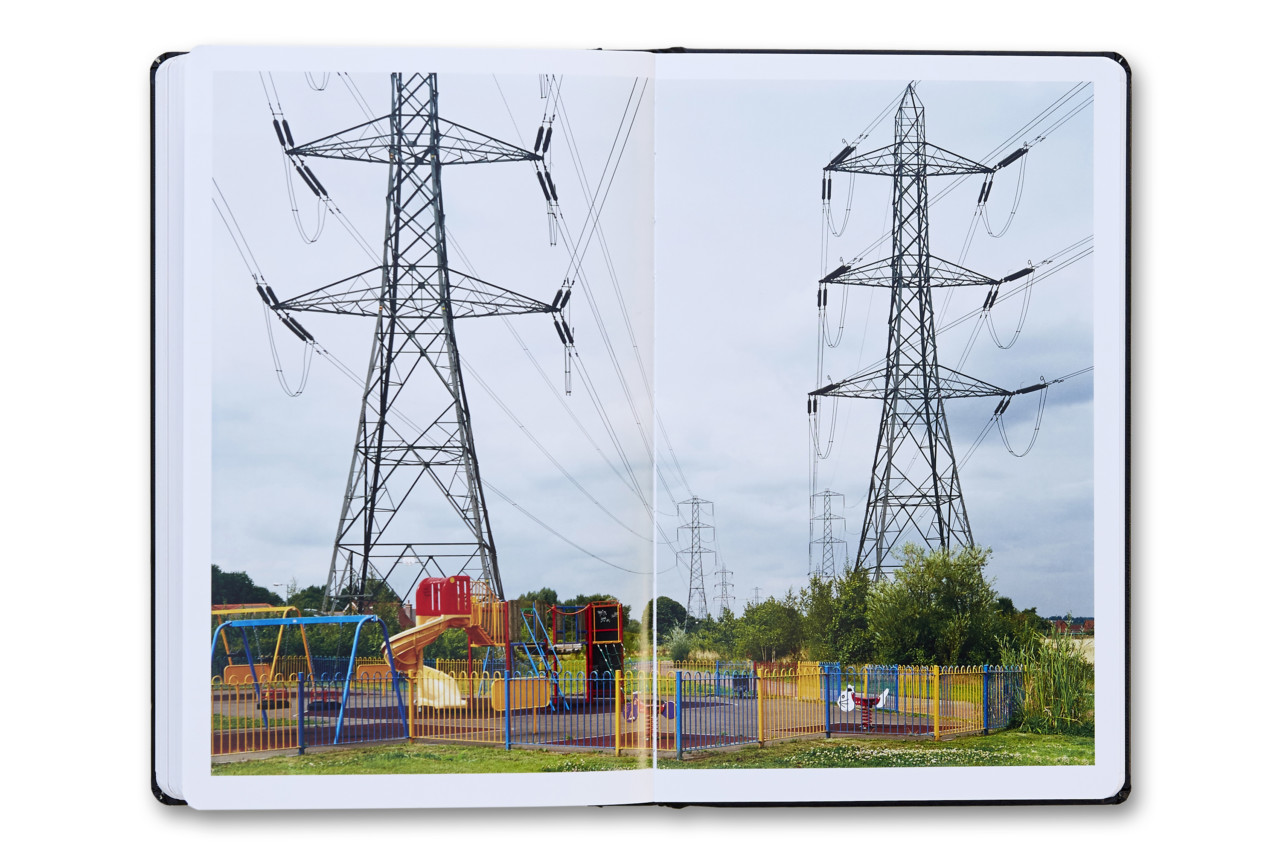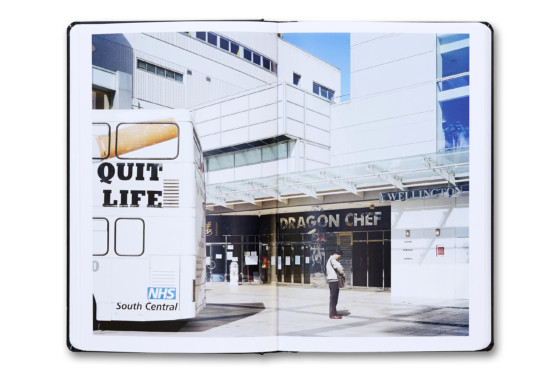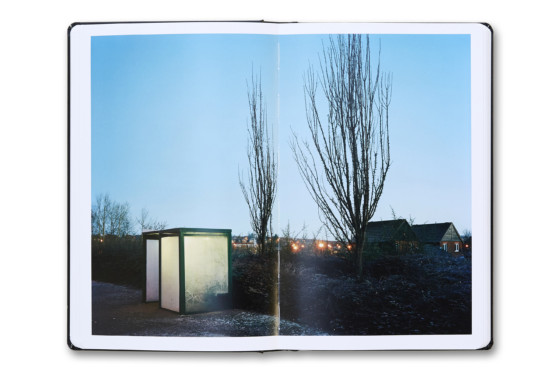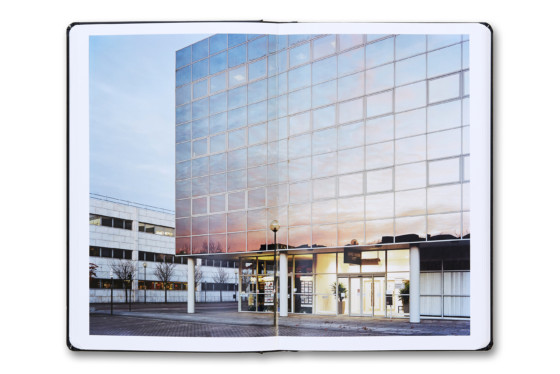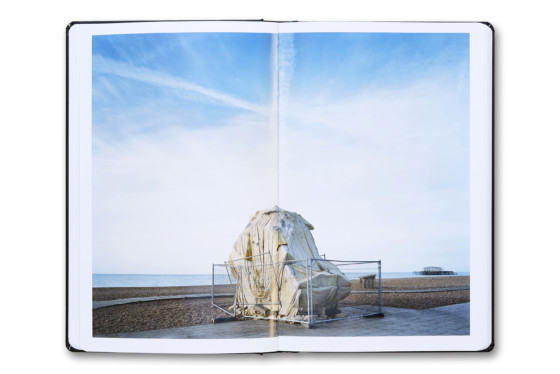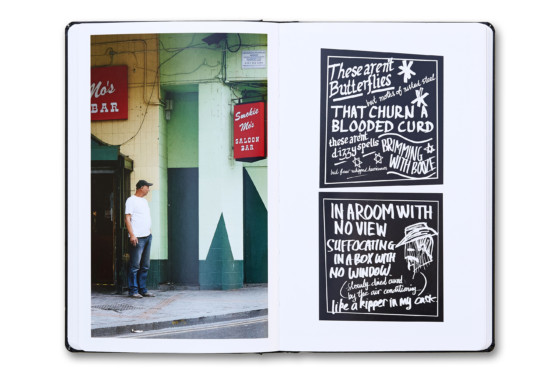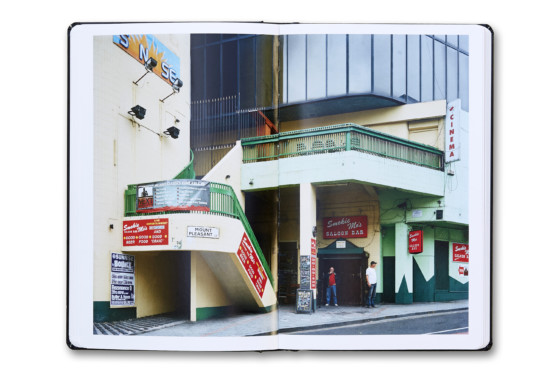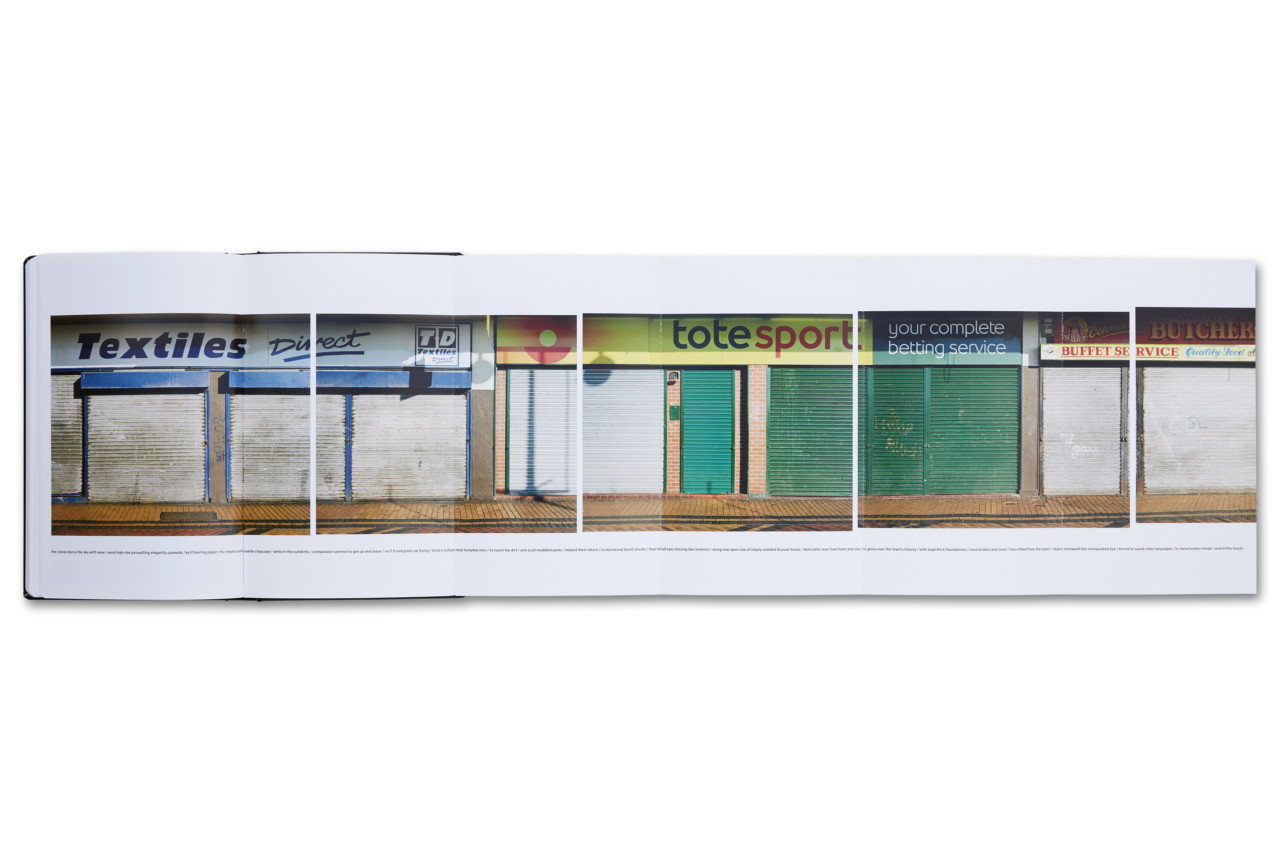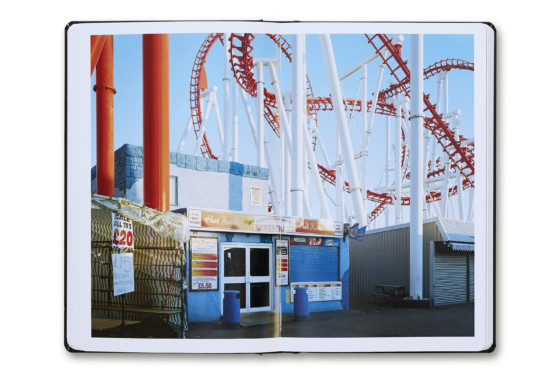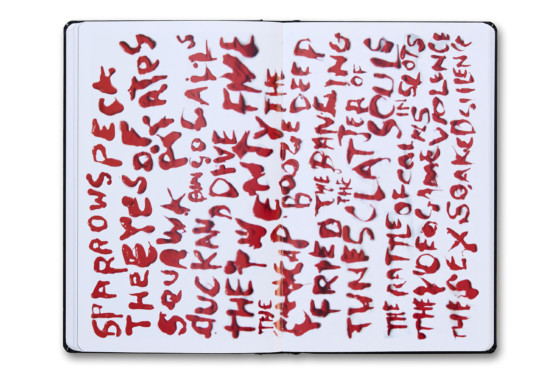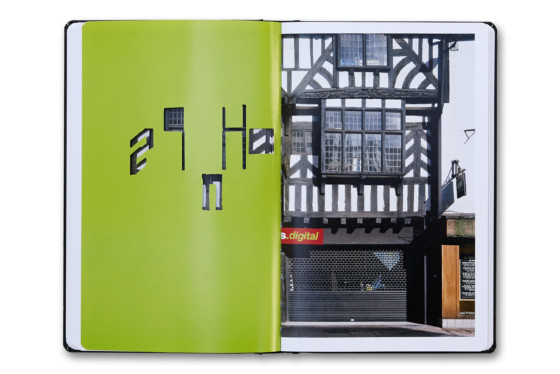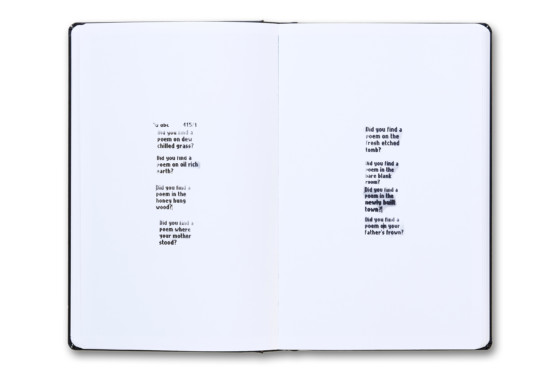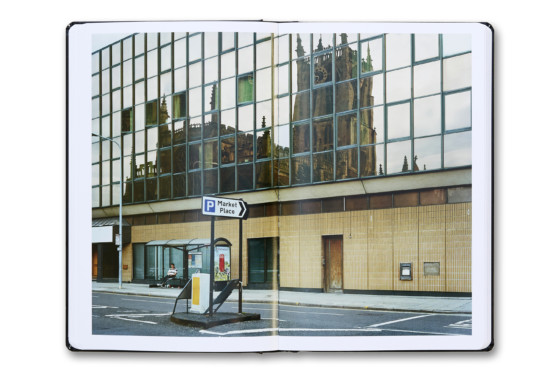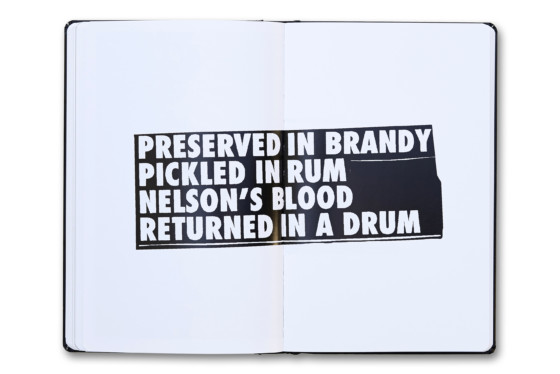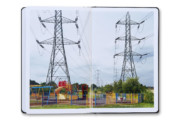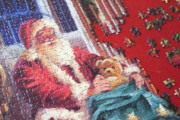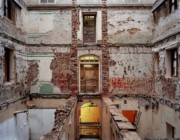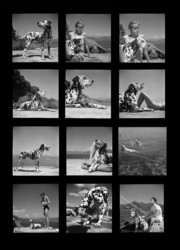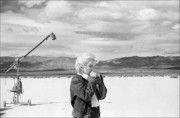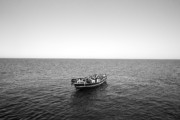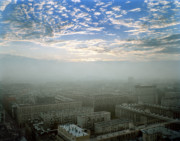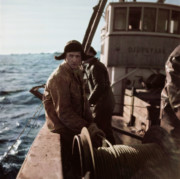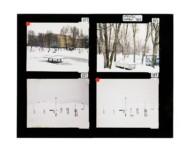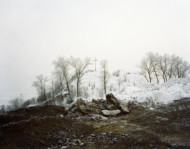Destroying the Laboratory for the Sake of the Experiment
Mark Power and poet Daniel Cockrill riff on each other’s work for a joint publishing project
Sometimes documentary photography is less about the literal reportage of an event and instead offers a broader perspective that puts into context less easily photographable issues. By stepping back and taking a more experimental approach, Magnum photographer Mark Power, along with his friend and collaborator, the poet Daniel Cockrill, caught the mood of England on the brink of change. Their publishing project – a quirky mash-up of text and 5”x4” film photography – began in a 2006 pre-Brexit time and the title, Destroying the Laboratory for the Sake of the Experiment, now seems, in Power’s words, “oddly prophetic”.
Initially looking at the seedlings of growing English nationalism, the pair followed a path through the financial crash of 2008 and the fall-out that would eventually create an atmosphere where Brexit was possible. Uniting poetry and photography – and later the design and branding of Dominic Brookman – they riffed off each other’s work. Here, Mark Power and Daniel Cockrill explain the ways in which this collaborative project enhanced their own practices.
On Composing Images
“Photography is limited by what is in front of the camera. While its greatest strength might be a reasonably true rendition of reality, this might, conversely, be seen as a weakness. The poet, like a painter, can choose to omit anything they don’t wish to include. We photographers have a constant struggle with the specificity of the camera. Stephen Shore cannily suggested that painters (and, by extending this argument, poets too) are able to compose pictures while photographers can only structure theirs, organizing what is already there within the frame.” – Mark Power
“My own photographic experience had already strongly influenced the way I placed and edited words together, playfully discovering what happens when I put two individual words side by side, the same way a photographer might discover what happens when they edit and place images together.” – Daniel Cockrill
Freedom to Write
“In simple terms, poetry is trying to paint pictures in your head with metaphor and simile. You don’t want these to be too obvious or cliché. Mark’s pictures gave me the freedom to explore my own writing without worrying about the reader lacking context. I could write something completely emotional without having to worry about the time, date or place where it was written. His pictures did that for me.” – Daniel Cockrill
A Less Lonely Pursuit
“Photography tends to be a lonely activity. I’d worked on many projects on my own and sometimes found it difficult to motivate myself; it was all too easy to drive home as soon as things began to go badly. Then, while working on my first series in Poland, The Sound of Two Songs, I travelled with a Polish photographer who acted as guide, translator, assistant and sounding block, eventually and inevitably becoming a close friend. Deciding I wanted to make new work in England, I approached Dan because I knew he shared similar concerns; I asked him if he’d like to work as a team and make something together. Dan and I encouraged each other to keep working through the more troublesome, darker periods. We sent each other our work at the end of every trip and could see our project was heading in the right direction, giving us the impetus to keep going. I loved his poems; they consistently added another dimension to our shared experiences.” – Mark Power
On Book Design
“Only later did pairs of poems and pictures start to come together. They weren’t necessarily determined by place; a photograph from one city and a poem from another might bounce off each other to suggest a third thing, in much the same way that any diptych of images might. Others, on the other hand, didn’t need anything more; certain poems or pictures worked well enough on their own. We wanted to avoid poems as captions or photographs as illustrations. That’s why we began to work with Dominic Brookman, a designer based in Bristol. We gave him carte blanche to put images and text together in innovative ways, and began to call them ’Dom’s treatments’. Both Dan and I were open to having our work reinterpreted and often treated with some irreverence in order for Dom to produce something new, exciting and relevant. It was good for me to be less precious about my work than I had been in the past.” – Mark Power
‘Destroying the Laboratory for the Sake of the Experiment’ (DTLFTSOTE) can be purchased via Mark Power’s website here.


